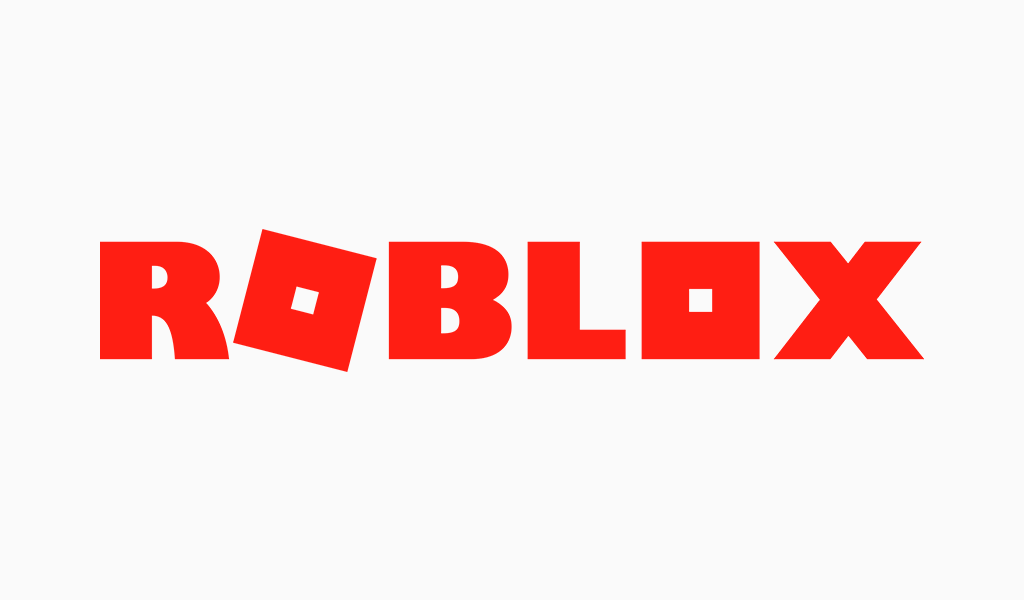Anúncios

Introduction to Vanguard
Vanguard has established itself as one of the most respected names in the investment industry, offering a wide range of low-cost investment options. Known for its focus on index funds and long-term strategies, it appeals to both individual investors and large institutions alike. Its reputation for low fees, a strong customer-first ethos, and a variety of financial products makes it a go-to choice for many. In this review, we’ll explore what makes this company unique, the range of investment products it offers, and how it compares to other major players in the financial industry.
What Makes Vanguard Stand Out?
One of Vanguard’s defining features is its commitment to low-cost investing. The company is structured differently from most financial firms; it’s client-owned, which means it doesn’t have outside shareholders to answer to. Instead, profits are funneled back to investors in the form of lower fees. This ownership model has allowed Vanguard to consistently reduce expenses over time, offering some of the lowest fees in the industry.
Additionally, it is renowned for its focus on long-term, passive investment strategies. Its founder, Jack Bogle, pioneered the idea of index funds—portfolios that mirror the performance of specific market indexes, like the S&P 500. This approach appeals to investors who prioritize stability and gradual growth over quick, high-risk returns.
Investment Options
Vanguard offers a wide range of investment options, including mutual funds, ETFs, and individual stocks and bonds. These products cater to various types of investors, from beginners to those looking for more sophisticated strategies. Whether you’re interested in building a diversified portfolio or focusing on a specific asset class, Vanguard has options that fit many financial goals.
Vanguard Stock Funds
Vanguard’s stock funds are a cornerstone of its offerings, providing access to domestic and international equity markets. These funds are popular for their diversification and low costs. With options like Vanguard Total Stock Market Index Fund and Vanguard 500 Index Fund, investors can gain exposure to a broad spectrum of the stock market at minimal expense.
Vanguard Bond Funds
For investors seeking fixed-income options, Vanguard’s bond funds offer a range of choices. These funds provide stability and regular income, making them attractive to those looking to reduce risk in their portfolios. The Vanguard Total Bond Market Index Fund, for example, covers the entire U.S. bond market, offering a low-cost way to diversify into bonds.
Vanguard ETFs
Vanguard’s ETFs are another highlight, known for their tax efficiency and accessibility. These exchange-traded funds cover a variety of sectors and asset classes, including stocks, bonds, and commodities. ETFs like the Vanguard S&P 500 ETF provide an easy and cost-effective way to invest in major market indexes, making them suitable for both new and seasoned investors.
Is Vanguard a Good Investment?
When evaluating whether Vanguard is a good investment choice, several factors come into play. Its reputation for low fees, diversified offerings, and long-term performance make it a compelling option for investors looking to build wealth over time. However, it may not be ideal for those seeking more active trading tools or advanced technical analysis features.
Vanguard Fees and Expenses
One of the most attractive aspects of Vanguard is its low fees. The average expense ratio for its funds is well below the industry average, making it a cost-effective option for long-term investors. Vanguard also offers commission-free trading for its ETFs, further reducing costs for those who prefer a hands-off approach to investing.
Vanguard’s Long-Term Performance
Vanguard has a strong track record of delivering solid returns, especially for those who follow its core philosophy of long-term, passive investing. Its index funds, in particular, have consistently performed in line with the market, making them a reliable choice for steady growth. While short-term performance may fluctuate, Vanguard’s focus on minimizing costs ensures that investors retain more of their returns over time.
Pros and Cons of Using Vanguard
Like any investment platform, the enterprise has its strengths and weaknesses. Understanding these can help investors decide whether it’s the right choice for their financial needs.
Pros
- Low Fees: Vanguard is known for its industry-leading low expense ratios, which benefit long-term investors.
- Wide Range of Funds: With over 100 mutual funds and ETFs, Vanguard offers a broad selection of investment options.
- Strong Reputation: Vanguard’s history and client-owned structure make it a trustworthy and dependable choice.
- Focus on Long-Term Growth: Vanguard’s philosophy aligns well with investors looking for stable, long-term returns.
Cons
- Limited Active Trading Tools: Vanguard’s platform is designed more for passive investors, which may not appeal to active traders.
- Outdated Technology: Some users have reported that Vanguard’s trading interface and tools feel outdated compared to competitors.
- Higher Minimums for Certain Funds: Some of Vanguard’s funds require higher initial investments, which may be a barrier for smaller investors.
How Does Vanguard Compare to Other Investment Platforms?
The company is often compared to other major investment platforms like Fidelity and Charles Schwab, as well as newer robo-advisors. Each has its advantages depending on your investment style and needs.
Vanguard vs. Fidelity
Fidelity offers more comprehensive trading tools and educational resources, which may appeal to active traders. However, Vanguard wins on cost, particularly for long-term, passive investors. Fidelity also has a wider range of zero-fee index funds, while Vanguard’s strength lies in its low-cost ETFs.
Vanguard vs. Schwab
Charles Schwab is another strong competitor, offering a more advanced trading platform for active investors. Schwab’s fees are slightly higher in some cases, but its range of products, including no-commission trading, makes it a popular choice. Vanguard, on the other hand, is still the leader in low-cost index funds and ETFs, making it ideal for hands-off investors.
Vanguard vs. Robo-Advisors
Robo-advisors like Betterment and Wealthfront have gained popularity due to their automated investment services. While Vanguard offers its own robo-advisor service (Vanguard Digital Advisor), it’s generally more suited to those who want a human advisor or prefer to manage their own portfolios. Robo-advisors, meanwhile, are perfect for beginners or those seeking automated portfolio management at a low cost.
Conclusion: Is Right for You?
Vanguard’s strengths lie in its low fees, broad selection of funds, and long-term investment focus. It’s particularly well-suited for passive investors who prioritize low costs and steady growth. However, it may not be the best option for active traders or those looking for the latest trading technology.
Ultimately, whether Vanguard is right for you depends on your investment goals. If you’re looking for a reliable, cost-effective platform that aligns with long-term strategies, Vanguard is hard to beat. But if you prefer more active trading or cutting-edge tools, other platforms like Fidelity or Schwab may be more appealing.


